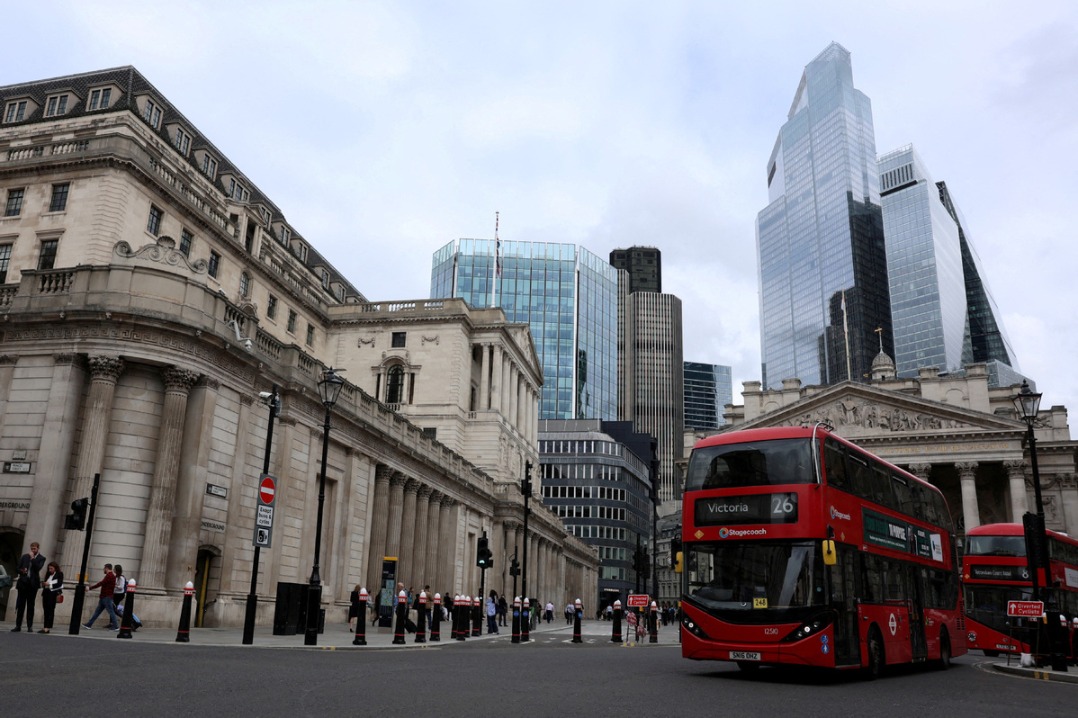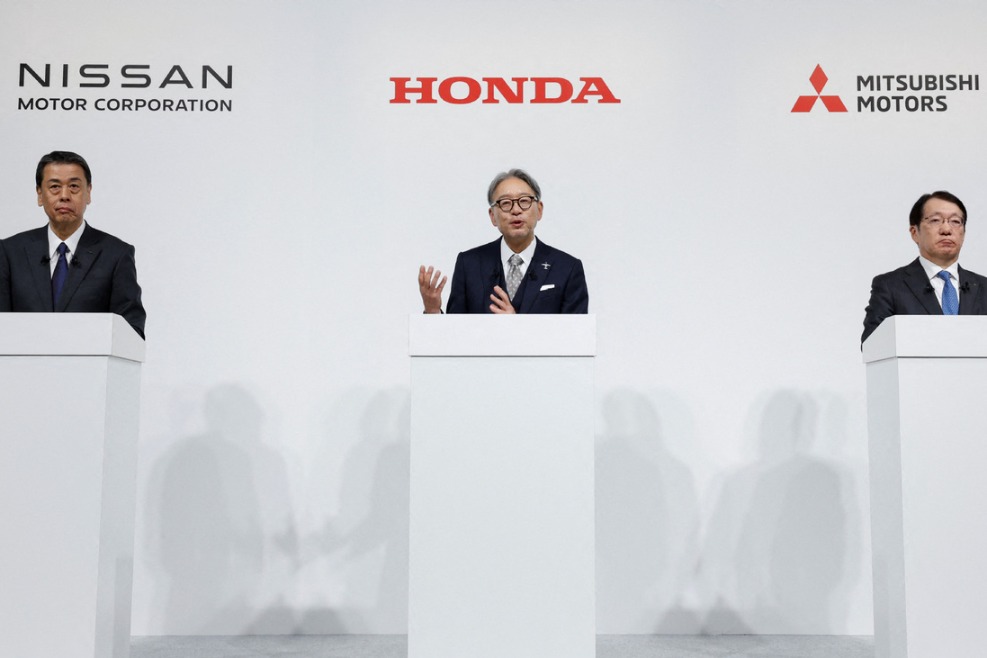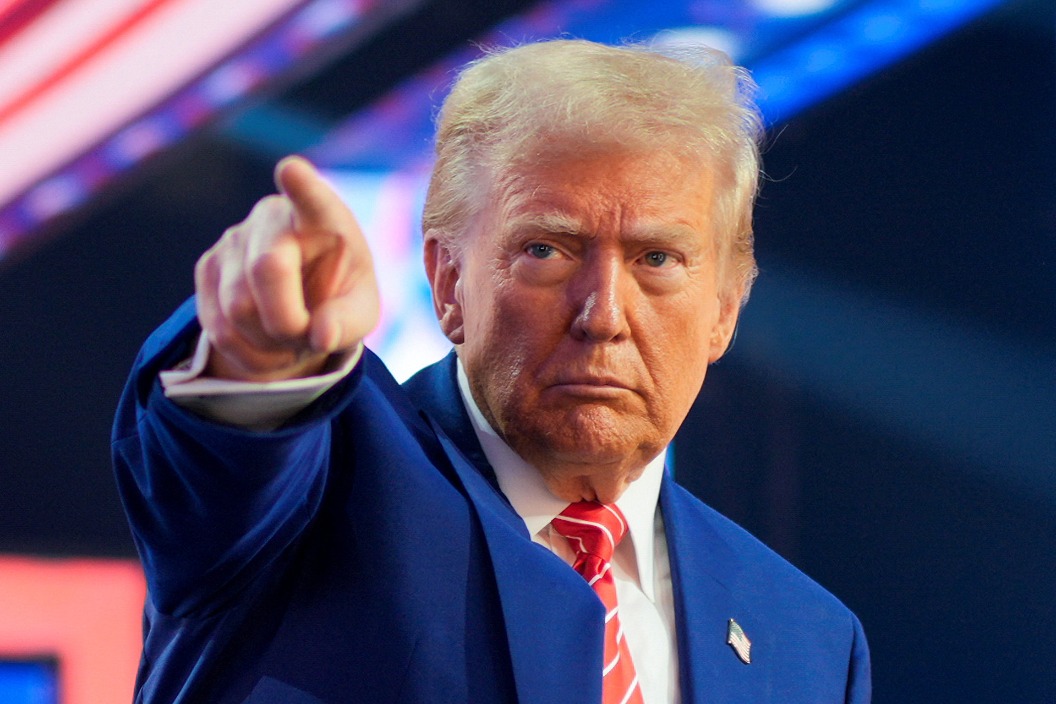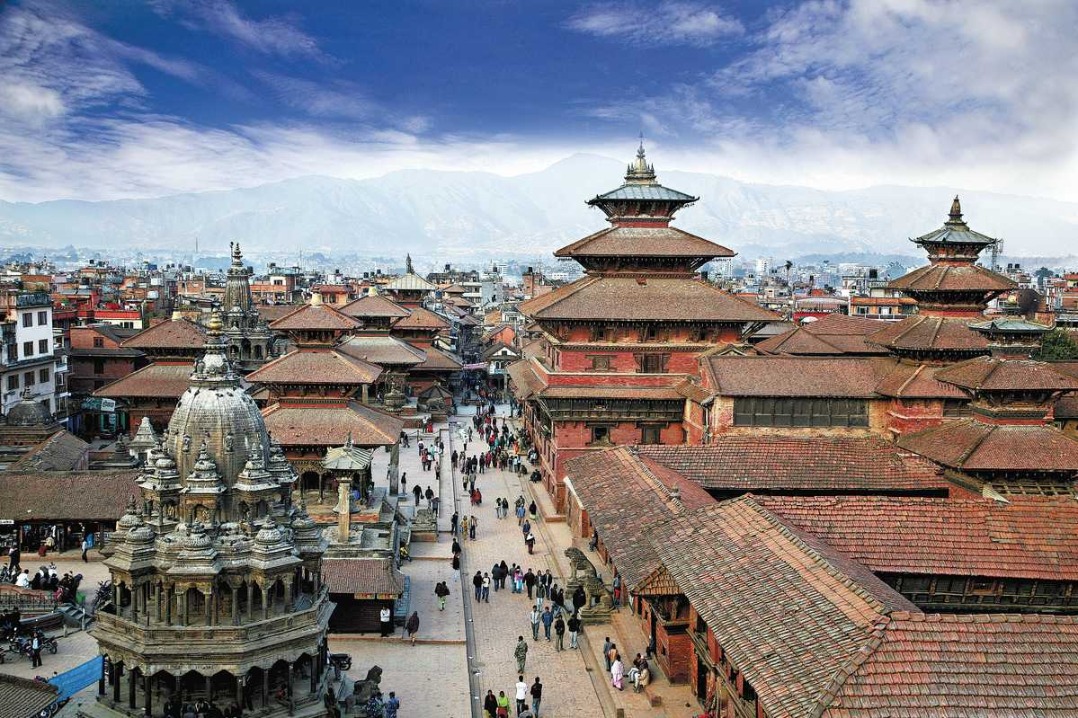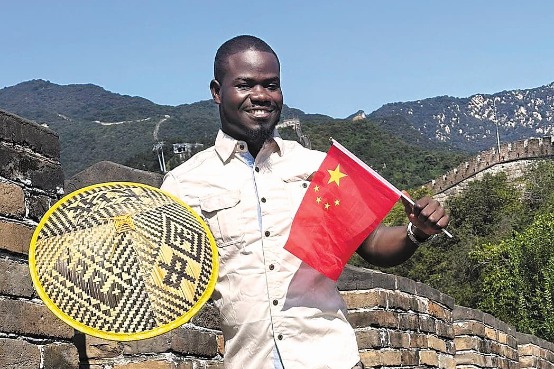China Now Music Festival looks to unite with music to counter political differences

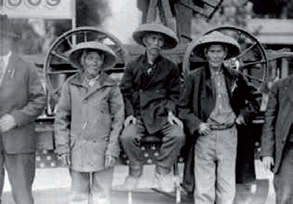
"Politics often divides people, but in art and music, you always find connections," renowned Chinese conductor Cai Jindong said.
Cai is the director of the US-China Music Institute, based at Bard College in upstate New York, and also artistic director of the China Now Music Festival (Sept 25-Oct 6).
At a news conference Thursday at the Museum of Chinese in America in New York, Cai said that he sees the festival, in its second season, as a cultural counterpoint to the current political landscape.
"With the China Now Music Festival as our looking glass, we hope to continue bringing people and traditions from China and America together through music," he said.
According to Cai, the festival's major concerts will take place at Carnegie Hall in New York City and at Bing Concert Hall at Stanford University in California.
The festival is dedicated to promoting an understanding and appreciation of music from contemporary China through an annual series of concerts and academic activities.
This year's theme is "China and America – Unity in Music", in recognition of the 40th anniversary of the normalizing of diplomatic relations between the US and China in 1979.
One of the musical highlights of the festival will take place on Oct 1 at the Stern Auditorium/Perelman Stage at Carnegie Hall.
From the Middle Kingdom to the Wild West is an orchestral concert featuring the world premiere of Men of Iron and the Golden Spike, a symphonic oratorio by celebrated composer Zhou Long.
The piece was created to honor the more than 20,000 Chinese laborers who contributed to the completion of the Transcontinental Railroad in the American West 150 years ago.
Cai said the Chinese railroad workers played a pivotal role in the westward expansion of the US during the 19th century, but their labors were not widely reported and have rarely been acknowledged. "Zhou Long's oratorio will give new voice to their epic story," he said.
Zhou is well known for his blending of Chinese and Western elements to create singularly expressive compositions. His masterpieces, including the 2010 opera Madame White Snake, earned him a Pulitzer Prize.
Zhou's latest concerto for orchestra, Classic of Mountain and Seas, will also have its US premiere on the same day.
Both pieces will be performed by The Orchestra Now, conducted by the festival artistic director Cai Jindong.
The orchestra will follow the path of the great rail line that connected East to West by performing the concert a second time at Stanford University's Bing Concert Hall on Oct 6.
Another festival concert will take place on Sept 30 at Carnegie Hall in New York.
Titled Wellington Koo the Diplomat – A Life in Song, the multimedia concert with video projections, dramatic narration and music, will explore Koo's role in opening China to the world and developing its relationship with the United States.
Diplomat Wellington Koo participated in some of the most important events of the 20th century, famously refusing to sign the 1919 Treaty of Versailles out of concern for China's position in the postwar reorganization of world power, then serving as ambassador to the US and as a judge in the International Court of Justice. Koo also played a major role in the creation of the United Nations.
According to Shirley Young, chair of the US-China Cultural Institute, producer of the concert, this year's festival will coincide with New York state's newly announced Senate Resolution No. J2103 by Senator James Sanders Jr. of Queens, "recognizing October 1, 2019, as China Day and the first week of October 2019, as Chinese American Heritage Week, "to strengthen the friendship and bilateral relationship between the State of New York and Chinese Americans", she said.
Other festival events include panel discussions, lectures and film previews that will explore more topics in US-China relations.
















